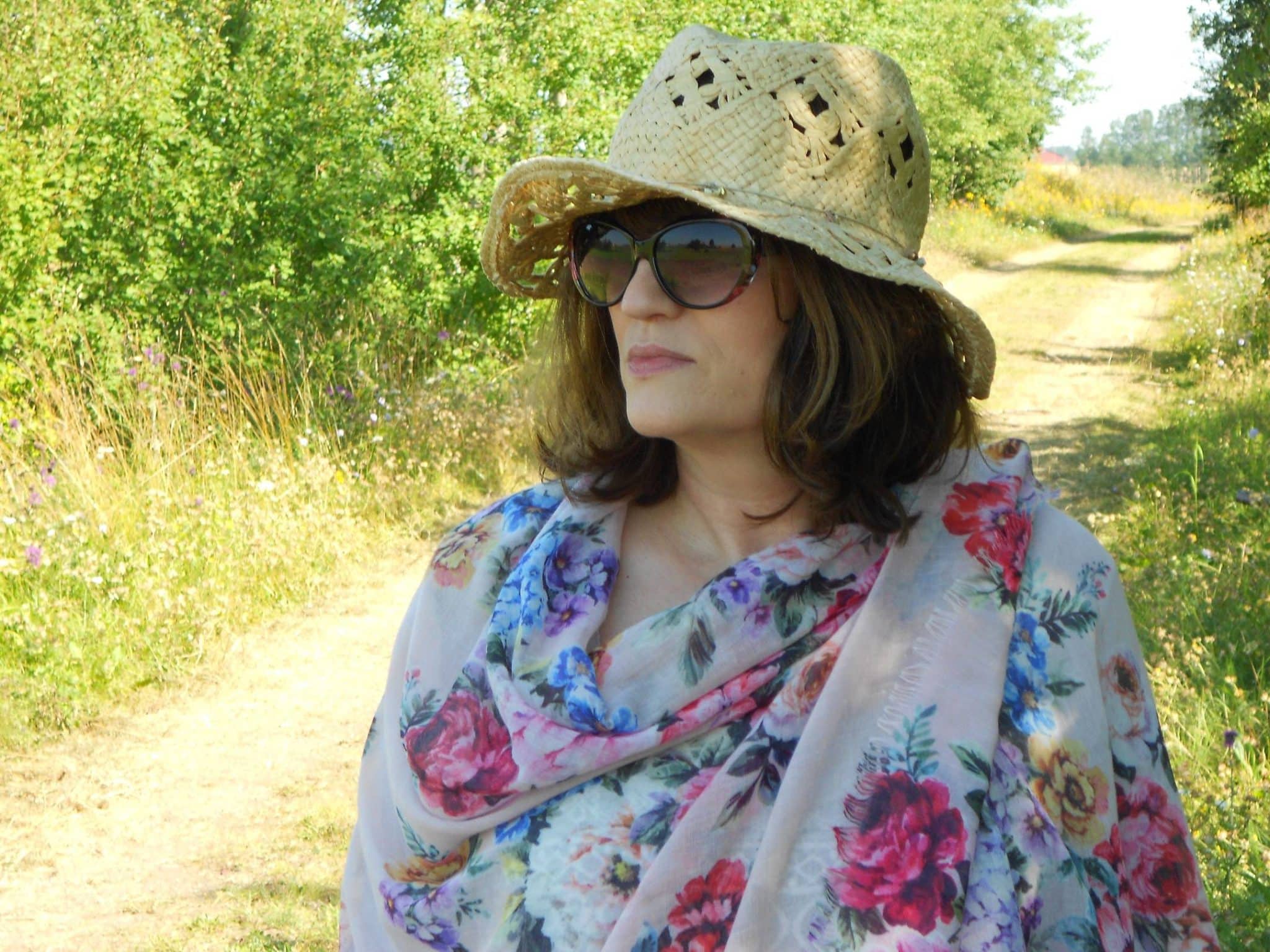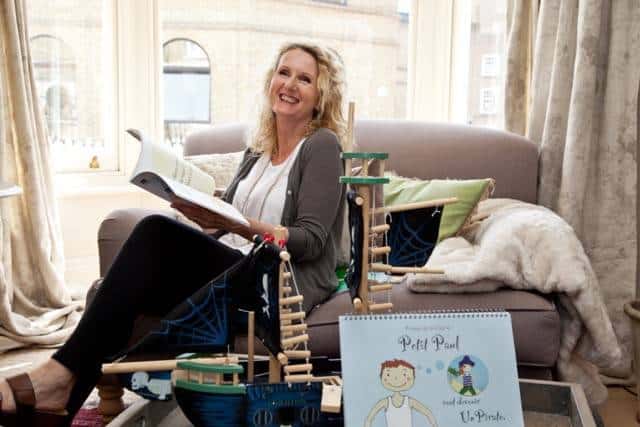LANGUAGE and communication are really important to me – and that extends to reaching out to other communities and cultures as well as being able to express yourself in a day-to-day situation.Â
I grew up in Tunbridge Wells, but when I married an Army officer we had to regularly move around the place and spent some years in Germany and France.
In Germany, I set up a not-for-profit organisation to get British and German people to meet and form friendships, and then in France I volunteered in my children’s school, helping the teacher with the English lessons, and ran a very successful after-school club. On returning to Tunbridge Wells, I decided to continue in the same vein – but it turned out to be on a bigger scale!
I came up with the idea of starting Les Puces in August 2014 after watching our children learn other languages. My eldest daughter, India, is trilingual, and the youngest, Willow, is bilingual.Â
 Using this personal experience, and my knowledge of how languages are taught in schools, I developed a system of modules.
Using this personal experience, and my knowledge of how languages are taught in schools, I developed a system of modules.
Each one consists of a book or story which the children take home and read in English. This accelerates learning when they hear it read in class in French as they already know what is being said. Each book has a song to go with it and we create worksheets and a craft projects based on the same theme.Â
So, for example, if children are learning about colours with the Cheeky Crow, they read about it, sing about it and make a Cheeky Crow to take home. They are immersed in the topic, and all parts of the class are reinforcing the same vocabulary for that half term, and then we move on to another topic for the next half term.Â
We launched our first classes in January 2015, and many of those saw empty halls or just had one child attending! I had to allow time for our business to become known and to discover the most popular solution for class timings and locations. We now have more starting all the time.
I chose the name ‘Les Puces’ because I wanted something French that demonstrated love and highlighted the difference in our cultures. The literal translation of Les Puces is ‘fleas’, but to call someone ‘ma petite puce’ – ‘my little flea’ – is a very common term of endearment in France.Â
I’ve come to realise that it’s also a name that sparks conversation and educates. If you don’t speak French you may not remember our name, but you’ll probably remember that it’s called The Fleas and you can look up the translation later!
‘The children don’t care what language it’s in, as long as they are having fun!’
Name aside, though, the main priority when learning at our classes is that it’s enjoyable. We teach some very young children and sometimes parents worry that their child hasn’t grasped English yet. But I think we are always learning our own language and that it’s best to not worry about that. It’s just about enjoying the classes – the children certainly don’t care what language it’s in as long as they are having fun!Â
The classes last one hour and are usually made up of colouring, crafting, singing, dancing and listening to stories – all with mum, dad or a special someone. Everyone attending has to join in as this makes the class a really enjoyable time for little ones.Â
As they grow, the children take great pleasure in being able to recite basic words, grasp sentences, or even introduce themselves in French. The ear changes around the age of eight, after which we can’t really hear the nuances of other accents; this often leads to a very English accent when we speak another language. At Les Puces we show very few written words in class and really capitalise on that important time when the children are susceptible to the nuances of the sounds they are hearing.Â
The classes give great support to children of primary age, too, especially once they start learning in school. They have started by reading the English side of our books, and now they are ready to flip the books over and to begin discovering the written French. The phrases from the songs they have learned along the way will pop into their heads and, like building a jigsaw, it will all start to fall into place.
We offer group lessons after school and on Saturday mornings as well as private classes in a client’s home. Our most popular are those held in schools as an after-school club, and we go into nurseries and pre-schools and sing and read stories to the children there.Â
A new Les Puces book is published each half term. It takes a lot of work and I am generally working on the next four books at the same time – it’s like a conveyor belt of stories and ideas!Â
 Each one’s theme will come from looking at the government curriculum, and then the story has to evolve from that using principal vocabulary that the children need to learn.Â
Each one’s theme will come from looking at the government curriculum, and then the story has to evolve from that using principal vocabulary that the children need to learn.Â
We have several illustrators and I try to write differently for each one. When the story is written and discussed with the illustrator, they work on the drawings while I get the translation done and checked. Our second translator is in France, so she makes sure we are up to date and learning the same way as French children are.Â
The next Les Puces book we’re publishing involves some of the pupils from the new Skinners’ Kent Primary School. It’s the next in our Petit Paul series from illustrator France de la Cour in Tonbridge, and is entitled ‘Petit Paul wants to go to School’.Â
In earlier books, Paul has become a pirate and firefighter. Next he is off to school – in Tunbridge Wells, of course!
We are currently working on franchising the business, and in the next few weeks will be looking for our first pilot franchisee. It’s becoming too big for me to continue on my own.Â
Franchisees will run their own Les Puces businesses in their areas, and it will allow me to focus more on the creative side, supplying them with top quality modules and continuing to expand the business to train and support them.
‘The children don’t care what language it’s in as long as they are having fun!’
Mandie Davis explains a few key attributes that learning another language can help with:Â
Confidence
Understanding of other culturesÂ
Brain exerciseÂ
Make travel more fun
You’ll be more employable
Opportunity to study or live overseas
Meet people and be open to varied friendships
Stave off dementia and Alzheimer’s
Become more creative with your own language
To find out more about Les Puces and what it can offer children, visit www.lespuces.co.uk








